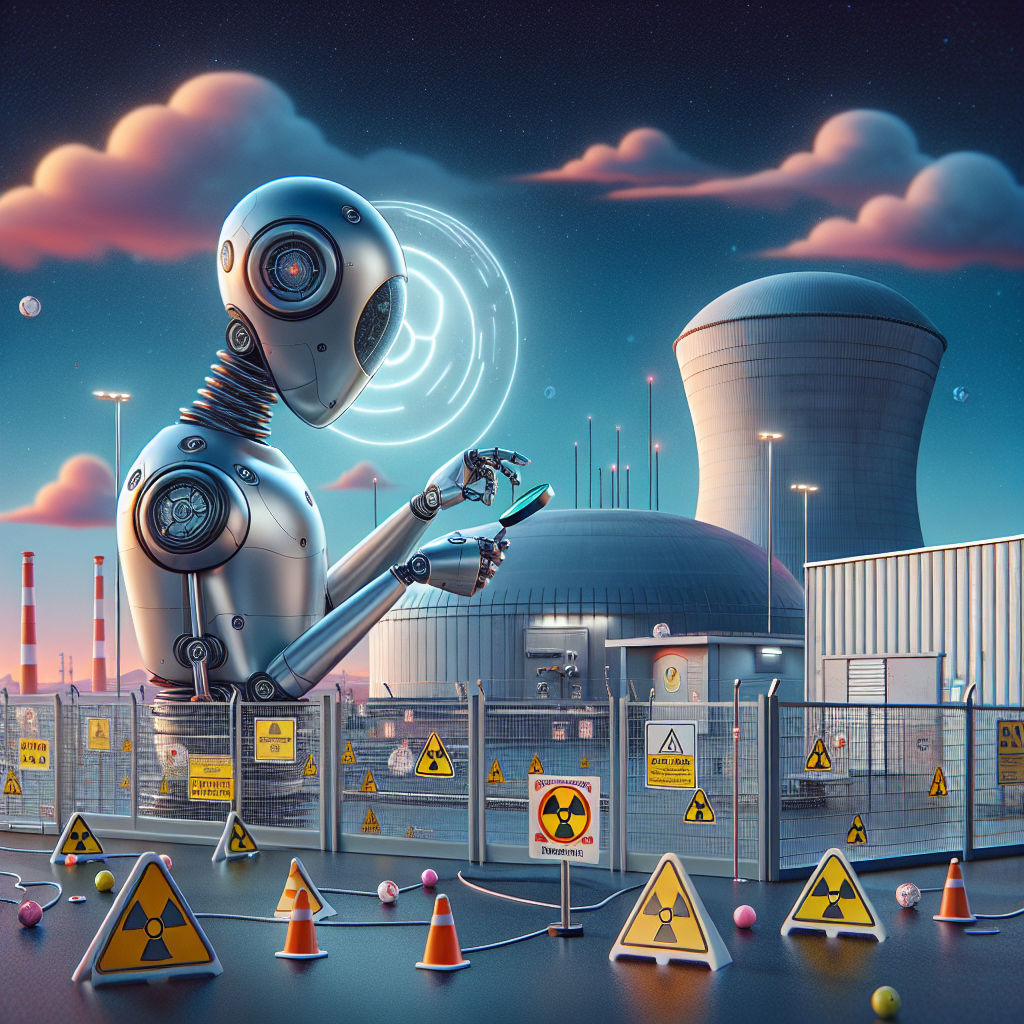The International Atomic Energy Agency (IAEA) is intensifying its efforts to safeguard Ukraine’s nuclear safety amidst the ongoing conflict and frequent attacks on its energy infrastructure. This follows recent missile strikes that have disrupted the national grid and affected several nuclear power reactors.
IAEA Director General Rafael Mariano Grossi announced the expanded assistance after a meeting with Ukrainian President Volodymyr Zelensky in Kyiv. The IAEA will deploy an expert team to assess critical sub-stations, which are essential for maintaining a stable electricity supply to nuclear power plants (NPPs). These sub-stations have been identified as crucial for nuclear safety due to their role in ensuring a reliable connection to the grid.
“The safety of operating nuclear power plants is dependent on a stable and reliable connection to the electricity grid,” Director General Grossi said. “The situation has become increasingly vulnerable due to the war. The IAEA is widening its efforts to prevent a nuclear accident and will focus closely on these critical aspects of nuclear safety and security.”
The IAEA already has teams stationed at all of Ukraine’s NPPs to support nuclear safety during the conflict. However, with increased pressure on the country’s energy infrastructure, the stability of the grid remains a significant concern. Recent strikes, such as those on August 26, caused severe power fluctuations and led to the temporary shutdown of reactors at the Rivne and South Ukraine NPPs. The off-site power situation at the Khmelnytskyy NPP and Chornobyl site was also impacted.
The Zaporizhzhya Nuclear Power Plant (ZNPP), located near the conflict's frontline, has experienced eight complete power losses since the conflict began, leading to reliance on diesel generators. The plant recently lost its connection to a crucial back-up power line, leaving it dependent on a single line for power.
Director General Grossi, who will visit the ZNPP later this week for the fifth time during the conflict, emphasized the risks posed by the heightened vulnerability of Ukraine’s energy infrastructure. “The increased instability in the grid poses serious risks to nuclear safety. Ensuring the operational stability of these sub-stations is crucial for both nuclear safety and energy security in Ukraine,” he stated.
In addition to assessing the sub-stations, the IAEA will provide technical support for Ukraine’s plans to acquire equipment for the Khmelnytskyy NPP from a halted project in Bulgaria. This assistance aims to ensure that the ongoing project adheres to safety standards and continues to progress effectively.
Director General Grossi’s visit and the IAEA’s expanded support reflect a continued commitment to addressing the safety challenges faced by Ukraine’s nuclear facilities amid ongoing conflict and infrastructure challenges.











